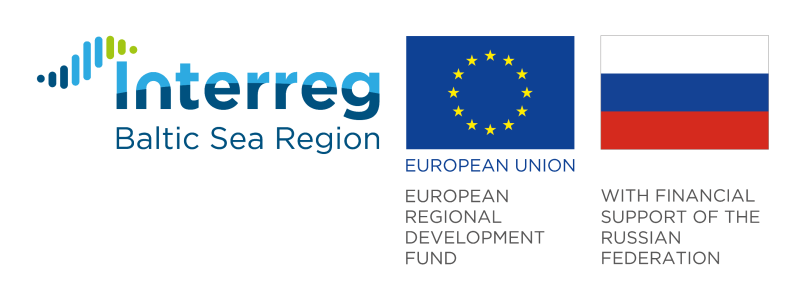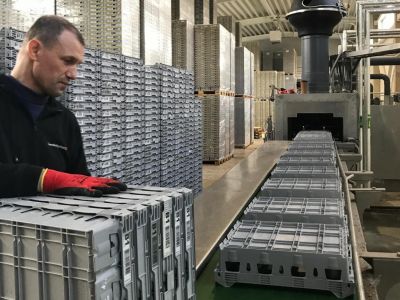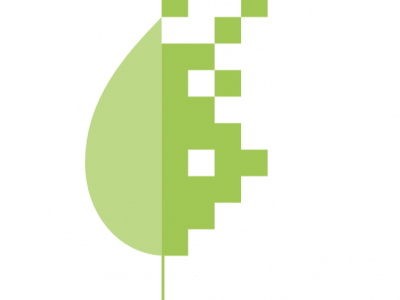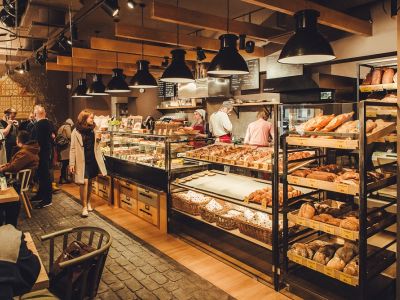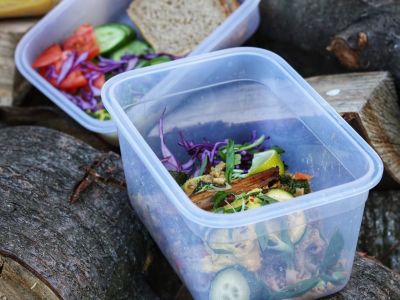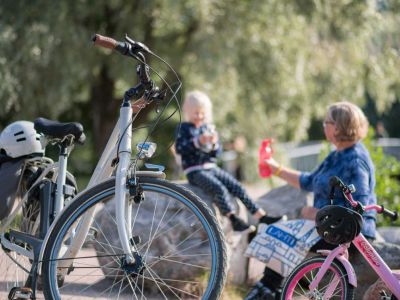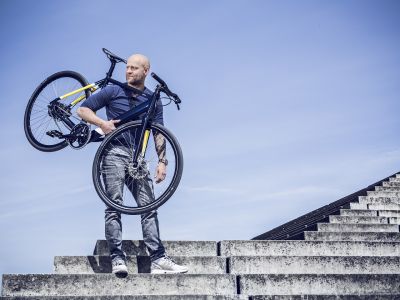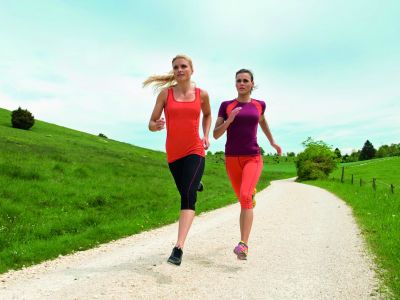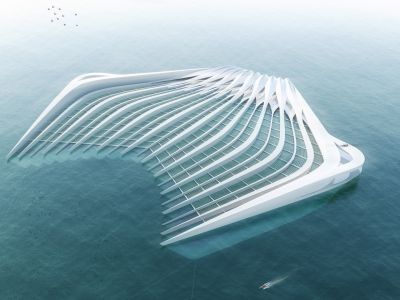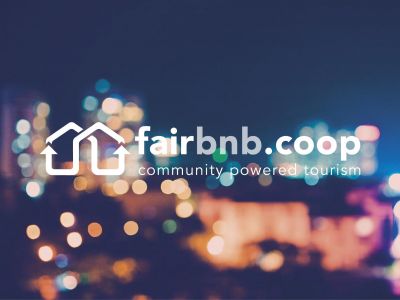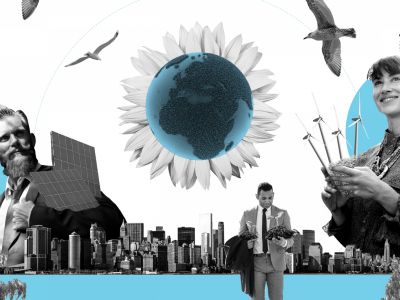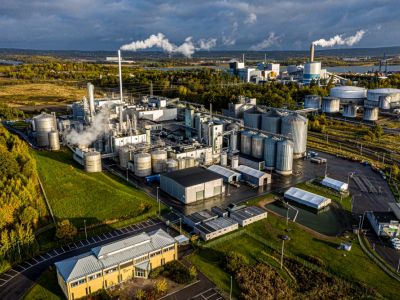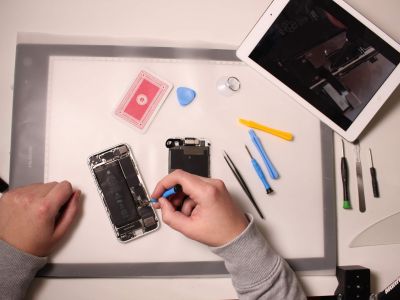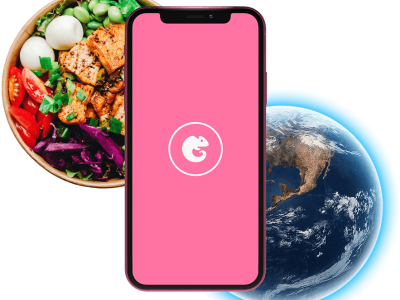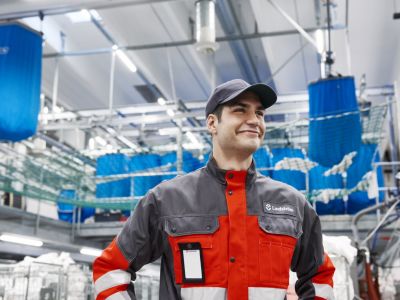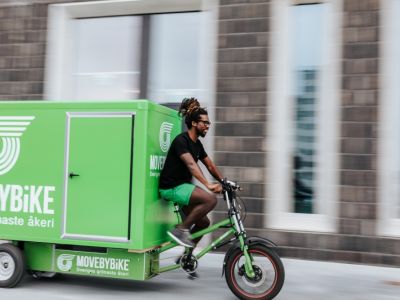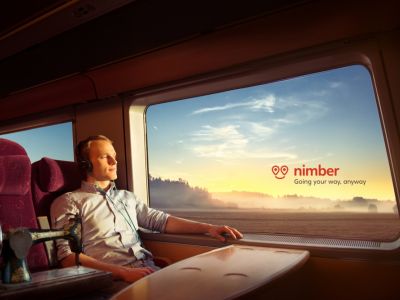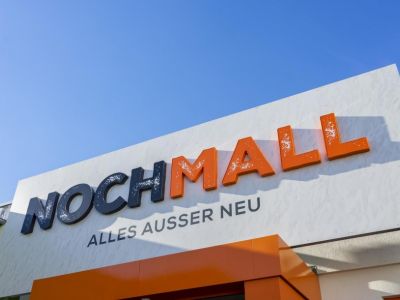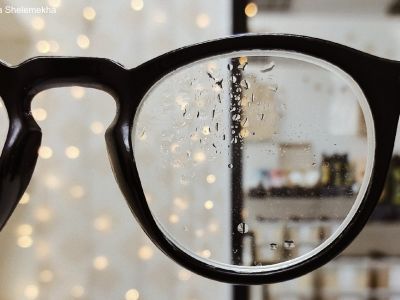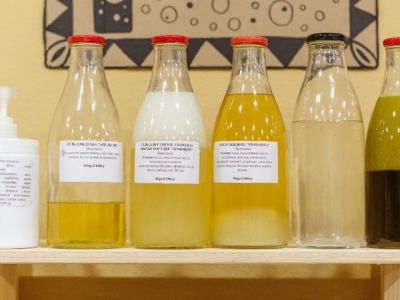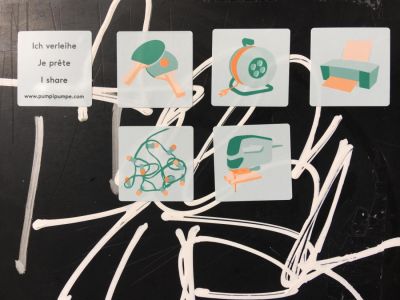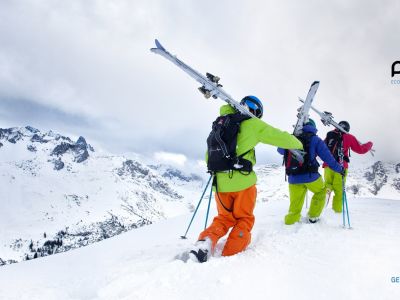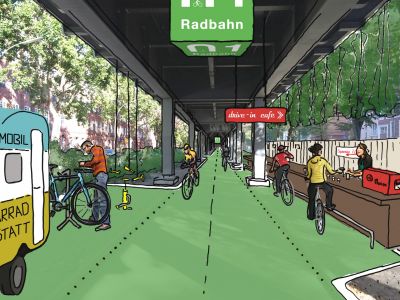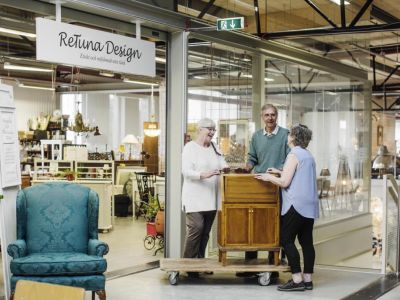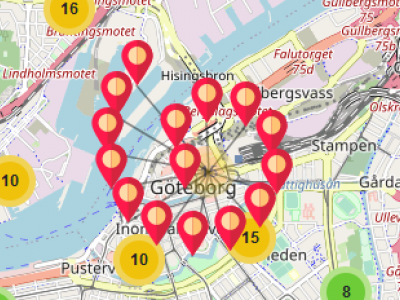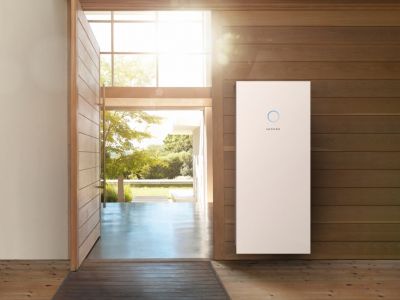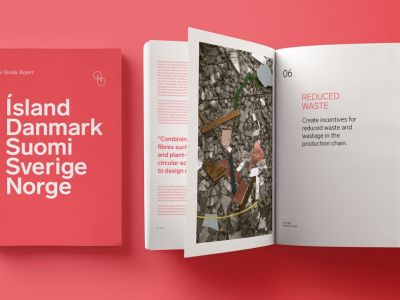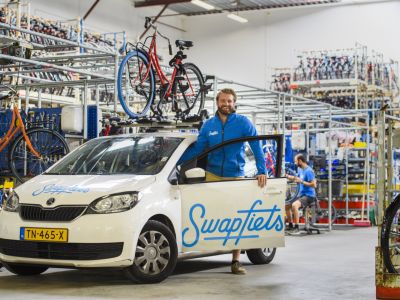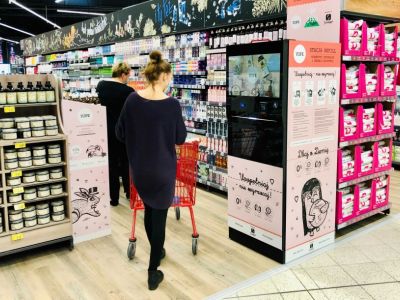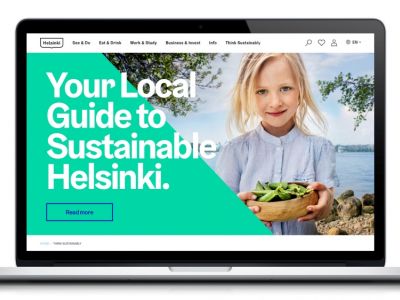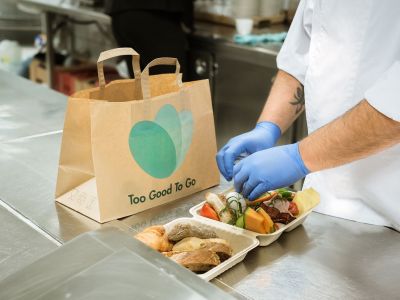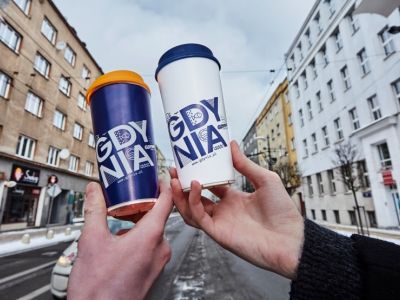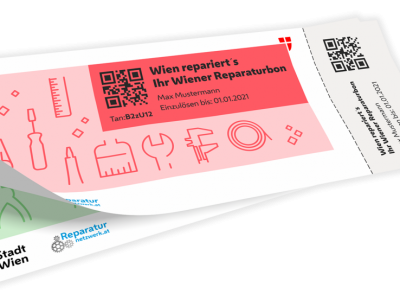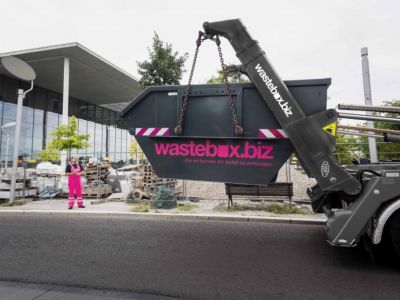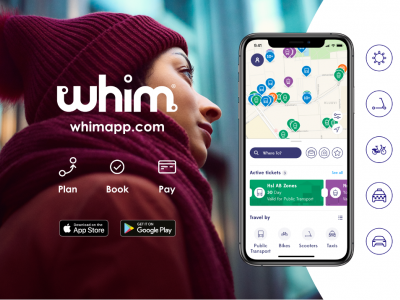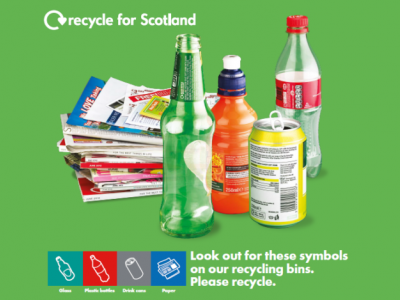![]() Service
Service ![]() Russia
Russia ![]() Food & Packaging
Food & Packaging
picture on top: Christina Shelemekha
“No package” is a real eco-market. We pursue a comprehensive environmental policy aimed at reducing the ecological footprint of the average consumer. Goods that can be sold by weight we sell without packaging, we bring high-quality plant analogues of animal products to the city, and we support environmental initiatives: campaigns for the separate collection of waste, and plastic distribution monitoring.
Interview with Christina Shelemekha, Founder of Paketa-net.
Why was your offer started/did your initiative start? What was the initial situation?
I opened the business because I wanted to develop professionally in the ecosphere. I do not have an environmental education, so I immediately thought about sustainable business. I had several requests: I wanted to buy products without packaging, and I wanted to buy products without “obscurantism” (so that they would not tell me about how buckwheat cures cancer, and all these things, which are now making modern pseudo-eco markets). Also, I wanted one store that had both so-called “healthy” products and ordinary ones. It was always unclear to me why I should buy rice in a regular store, and run for tofu in a special store. I thought that these requests might not be exclusive to me, so I decided to open such a business.
The initial situation was as follows: in Tyumen, a Siberian city, there were no stores without packaging at all. At that time the topic of zero waste and life without packaging was not developed at all, people did not know what it was. Therefore, we had a series of lectures and master classes in the store, where we held events and created from scratch an environment of people who are immersed in and want to develop a topic. And so we developed it.
In December 2019, we moved to a smaller room and abandoned the area of lectures and master classes, because the attendance dropped, and we began to hold a lot of eco-events around the city. We completed our mission and switched to economy mode.
What is your vision as a company/initiative? What do you want to achieve?
I am engaged in the cultivation of responsible active citizens. I want people to harmoniously and easily enter an eco-friendly lifestyle. To be able to buy their favourite products and at the same time, reduce their ecological footprint. I want them to discover the benefits of plant-based diets and cut back on animal products, as a number of studies recommend.
I want people to have a community, a support group to which they can turn with their questions. Plus, we support civic activism, because environmental development in Russia at the moment isn’t able to be non-political. Therefore, we support everything related to the development of democracy in Russia.
How does your initiative solve the customer’s problem? What does your offer change?
I help customers purchase products without unnecessary packaging, to the extent that they go without it. This can be done in the store or delivered to your home. We will deliver in a reusable container, and the courier waits 10 minutes while the buyer transfers the products from these reusable containers to their home jars. Then, we then take the containers back. This is a complete chain, even a garbage-free delivery. We create a friendly environment – in principle, people read a lot about ecology and about the need to live more environmentally-friendly, but do not understand how to do it. We provide sustainable tools for this.
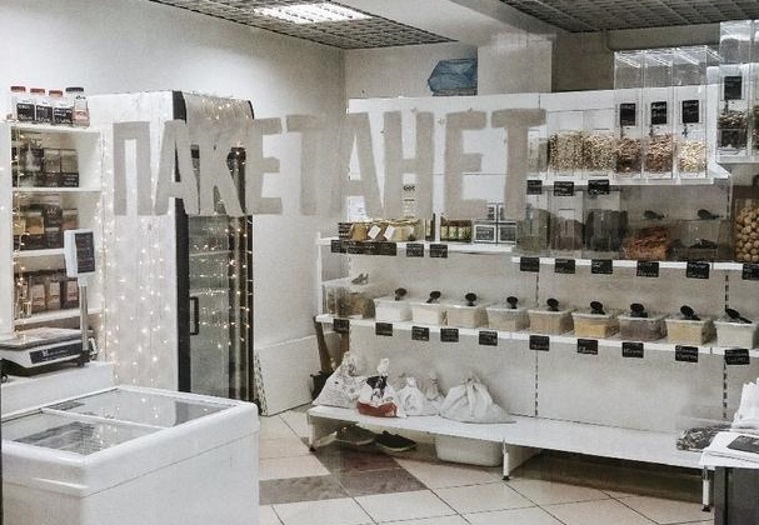
picture: Christina Shelemekha
What makes you different from other initiatives in your field?
There are many brands operating in my area. If we talk about the differences from chain stores, which are now also introducing departments of shops without packaging and eco-departments, then, firstly, we do not use greenwashing. Second, we have a dialogue with the client, they do not need to fill out a long feedback form and wait 30 days for a reply. That is, you can ask questions directly to the seller, you can write to them on social networks and quickly get an answer, literally within half an hour. You can quickly return a poor-quality product and get your money back, which is less bureaucracy.
The difference from other shops without packaging is our marketing and content policy: everyone looks up to our posts and our formats. And we, in principle, set a trend among all stores without packaging in this range. When other stores opened, they largely focused on us. We introduced the idea that the store should have a balanced assortment matrix. That is, not only a healthy lifestyle, not only some specific, exotic products, but also the simplest ones. We have balanced these categories.
How do the environment and society benefit?
What the environment receives: the amount of discarded single-use plastic is reduced significantly. In principle, our customers’ garbage is reduced to almost zero, and only organic matter remains. Plus, we are currently working on introducing quality vegan alternatives, so we hope that our clients will reduce their ecological footprints by significantly increasing plant-based products in their diets.
We are engaged in education in the field of ecology, and in the field of healthy nutrition. And we develop peoples’ critical thinking: they themselves can see greenwashing, they themselves can clearly differentiate what is a healthy lifestyle, and what is ecological (for example, I wash with natural shampoos but with non-recyclable packaging). We teach people to see such things, to be critical of them, to write letters to brands, to disapprove of them, that is, we teach people to form a public inquiry.
Which role do design and digitalisation play?
Design actually plays a big role, I just don’t call it design. But strategic things – planning, of course, plays a big role, because in order to come up with some kind of environmentally friendly format you need to think over the entire life cycle of a product or service.
Therefore, any project, no matter what we launch, for example “Glass Week” (collecting glass containers, processing them and using them in sales, in packaging goods), or any purchase of goods, is always such a strategic step when everything is thought out. And you think for a long time, if something does not fit, what can you do about it? For instance, if suppliers use non-recyclable materials. That is a constant dialogue.
Digitalisation plays a decisive role, if we talk about competition in the market in general, we have the best delivery at the eco-segment stores in Tyumen. That is, we deliver to the first half of the city from 500 roubles for free. It is very budgetary. And in the rest of the city from 1000 roubles for free. We have no restrictions such as before the bypass or after the bypass, we carry it beyond the bypass, and this is very important for people who live in remote areas of the city. They are cut off from the ecological environment, from quality products and from environmentally sustainable delivery. We bring this resource to them, and they use it. We have the most intelligible and understandable catalogue, where you can see the compositions, prices, and packaging. We communicate a lot with people online, answer their questions, and are always in touch.
What factors have helped keep the offer successful on the market?
Attention to the agenda, to ecology, and to an ecological lifestyle is now emerging, as is more and more data. We started out as a store without packaging, then gradually more and more information began to appear that reducing the consumption of animal products has a significant environmental effect. It allowed us to expand the range of plant products, and we continue to pursue our goal of reducing the ecological footprint of the consumer. At the same time, the consumers were happy because of what we have to offer and deliver. People who already adhere to a vegan/vegetarian diet always lack such products on the market. And we balanced the assortment matrix, because before there was a strong skew toward side dishes and it turned out that a person, having bought buckwheat, could not really choose anything to add to this buckwheat except dry soy meat or minced meat. Now the customer can really calmly put together a basket for dinner: take vegan cheese, sausages, and go home happy. A satisfied customer is the basis of everything.
Secondly, we invest a lot in advertising (up to 10,000 roubles per month). It’s a lot of money for us, and I set up the ads myself – it’s a very delicate process. Thanks to the subscription in the social media group, the clients can receive digital newsletters. People are always aware when we have moved, and when we have new products in our assortment, and we are now actively making stories on Instagram. People are always aware. Moreover, it is all very environmentally sustainable, with no spontaneous purchases. People sit at work and write lists for themselves, and then come to us.
We switched to a more economical work schedule for the duration of the Covid-19 pandemic and are now maintaining it. We have two days off per week, Wednesday and Sunday, which is not typical for any business, especially for a grocery business. But this helps, people “warm up” in terms of demand. Our other days in terms of buyers are more eventful: there is no downtime. Plus, for business, it is of course good that money works more efficiently: we do not pay for empty minutes – we pay precisely for the time spent working with a client.
In general, we try to talk about our experience to everyone who asks, such as journalists and scientists. It helps to represent ourselves, and it helps you get extra support when things get tough. That is, our publicity helps to earn supporters. For example, when it is difficult for us, we open a crowdfunding project throughout Russia and even around the world. There are many caring people who are ready to help fundraise us, and this helps us at times.
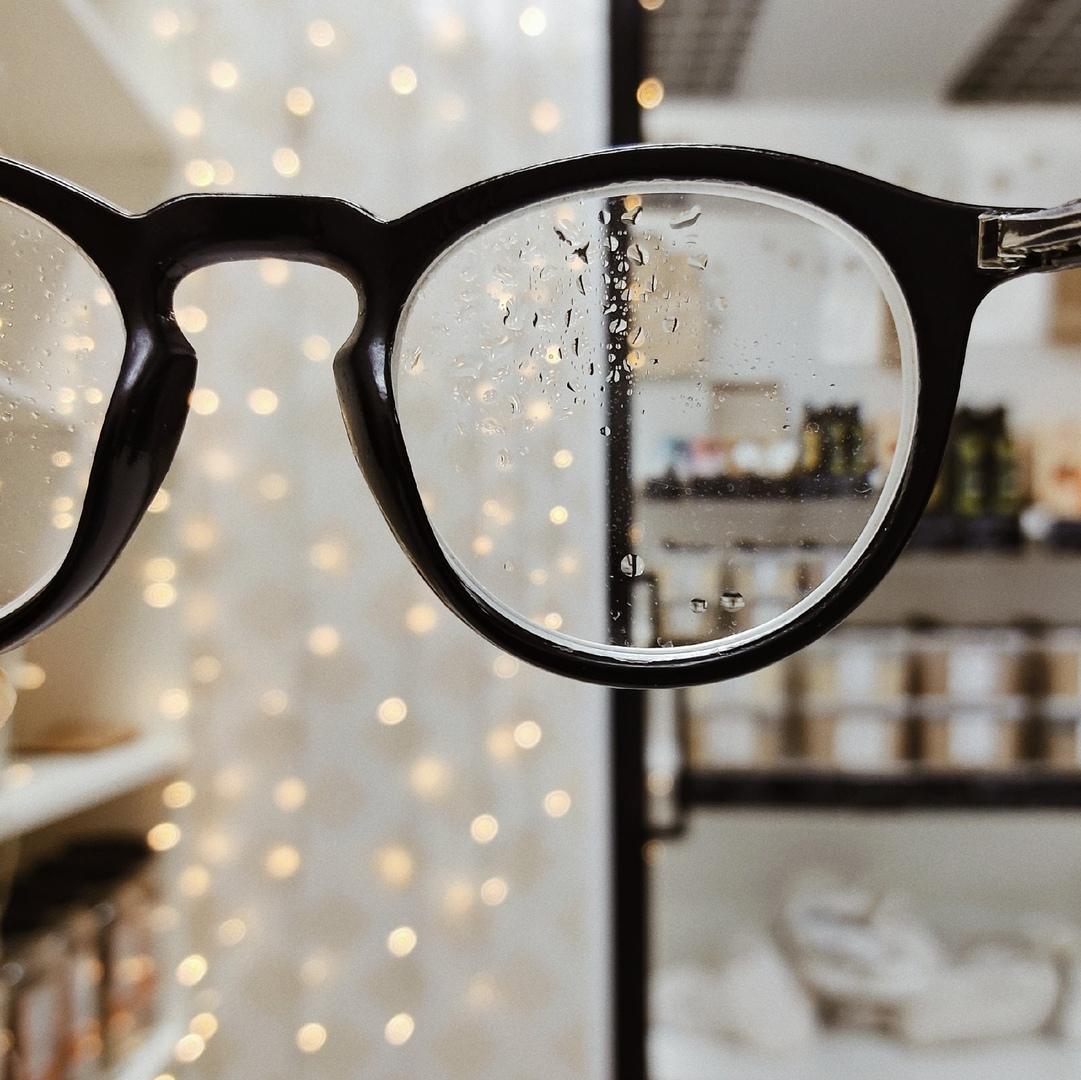
picture: Christina Shelemekha
What are you particularly proud of in terms of the offer and your initiative?
I am proud that I was one of the first, that I was not afraid and discovered this offer. And most of all, I am proud of the way we do the service. People feel that we are attentive to the selection of suppliers, to products, to customers, to returns. We have a fast delivery: we just deliver the same day, sometimes the next hour. Our delivery is of a higher quality and faster than that of Sbermarket (a supermarket), although it would seem that it is such a major player. This is a matter of special pride, of course. And, our audience – we have 10,000 subscribers in social networks, they are very active, involved people.
If you were a powerful politician for one day, what would you change first and why?
The first and main threat now is that the responsible authorities want to adopt the new edition of rules, which will prohibit buying products in their own containers. This will lead to more garbage. Therefore, first of all, I would include our concept in the new edition of the trading rules and initiate research that could substantively prove that the purchase of products in own containers is safe. In principle, this is obvious for us, otherwise we would constantly encounter some kind of poisoning, people suing us, having to somehow compensate them for the harm. But in our practice this has never happened and, of course, we want to conduct research that would illustrate that.
Second, I would revise the procedure for supporting businesses affected by the pandemic. Although we have an online checkout, our revenue dropped by 50-70 percent. There was such a long drawdown period. Is this not a basis for support?
How would you like to develop your offer further?
From the nearest one, I would like to launch a boomerang system for accepting recyclable materials from the population. So that a person registers in the programme and pays a deposit for bags (1 bag – 1 type of recyclable material, 180 roubles per bag). Then this person brings the bags back, we put these bags in our pantry and hand them over for recycling. There is such an idea – simple and quickly implemented.
Second, I would like to rebrand and rename the store, because it is no longer about “no package”. I have already said that we have advanced past zero waste, and now such a concept is more complex, so the store should be called something differently. Something like “every day”, because I want the idea of everyday life and consistency together in the name.
And I would like to open a second outlet in a city with a similar population or an even larger one, for example, in Yekaterinburg. To bring these two points to profit, and if everything works out, proceed to packaging of the franchise for others, because I simply do not have the strength to scale further on my own. I can’t spread out across the country, but I see that the idea is working. I would like to increase it to a stable, profitable state in the future.
What is your key message?
Our offer is:
– Circular because it allows you to buy bulk and quality products without animal ingredients.
– Without comparison because it allows you to buy products without packaging, to buy selected and tested suppliers, and not those who offered a better price to the intermediary. It allows you to easily replace low-quality goods with high-quality ones or get a refund without bureaucracy and delays. It allows you to receive goods at home with fast delivery and without packaging.
– Innovative because previously, retail did not know that it was possible to deliver products, cosmetics and household chemicals to the consumer without losses while eliminating unnecessary packaging, or to quickly turn an avid meat eater into a fan of plant foods.
– Provoking because it dispels myths about nutrition and sustainable living.
START OF THE INITIATIVE

Tyumen, Siberia — 6 March, 2018.
LOCATION

In Tyumen, Russia.
MISSION

Reduce the end-user’s ecological footprint.
TARGET GROUP

Our offer is for people who do not want to necessarily change their lifestyle, but at the same time want to reduce their ecological footprint.
MOST INNOVATIVE ASPECTS

What distinguishes our ecological service is the care for the quality of products, avoidance of unnecessary packaging and selection of reusable forms of packaging. Our store is not only a home delivery service, we have a direct impact on changing customer behaviour.
DIGITAL OFFERS

Yes, an order can be placed through a catalogue in a social media group in “VKontakte”.
A FEW NUMBERS

Summer 2020:
We have 10,000 followers on our social networks.
Over 2,5 years
of work.
12,000 packages of cereals and 3,000 packages of nuts were not sent to landfills.

